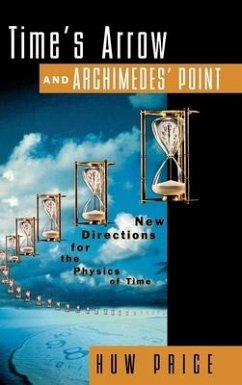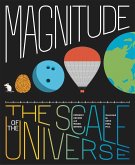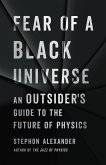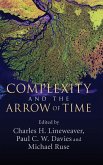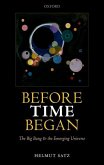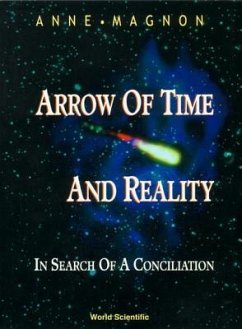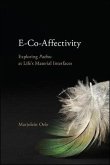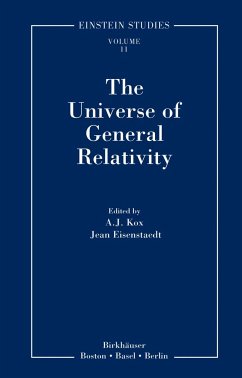Why is the future so different from the past? Why does the past affect the future and not the other way around? What does quantum mechanics really tell us about the world? In this important and accessible book, Huw Price throws fascinating new light on some of the great mysteries of modern physics, and connects them in a wholly original way. Price begins with the mystery of the arrow of time. Why, for example, does disorder always increase, as required by the second law of thermodynamics? Price shows that, for over a century, most physicists have thought about these problems the wrong way. Misled by the human perspective from within time, which distorts and exaggerates the differences between past and future, they have fallen victim to what Price calls the "double standard fallacy": proposed explanations of the difference between the past and the future turn out to rely on a difference which has been slipped in at the beginning, when the physicists themselves treat the past and future in different ways. To avoid this fallacy, Price argues, we need to overcome our natural tendency to think about the past and the future differently. We need to imagine a point outside time - an Archimedean "view from nowhen" - from which to observe time in an unbiased way. Price then turns to the greatest mystery of modern physics, the meaning of quantum theory. He argues that in missing the Archimedean viewpoint, modern physics has missed a radical and attractive solution to many of the apparent paradoxes of quantum physics. Many consequences of quantum theory appear counter-intuitive, such as Schrodinger's Cat, whose condition seems undetermined until observed, and Bell's Theorem, which suggests a spooky"nonlocality", where events happening simultaneously in different places seem to affect each other directly. Price shows that these paradoxes can be avoided by allowing that at the quantum level the future does, indeed, affect the past. This demystifies nonlocality, and supports Einstein's unpopular intuition that quantum theory describes an objective world, existing independently of human observers: the Cat is alive or dead, even when nobody looks. So interpreted, Price argues, quantum mechanics is simply the kind of theory we ought to have expected in microphysics - from the symmetric standpoint.

